Blood test for pregnant women reveals if unborn baby has Down’s syndrome
Doctors have developed a blood test to check unborn babies for Down’s syndrome.
The approach could save pregnant women from having the invasive examinations currently available, which raise the risk of miscarriage.
Scientists from Cyprus, Greece and Britain said the new technique correctly identified 14 Down syndrome cases and 26 normal foetuses in a blind test. They believe it will also be possible to diagnose the condition earlier on.
Study author Philippos Patsalis, of the Cyprus Institute of Neurology and Genetics, said: ‘The method is simple and fast and easy to perform in every genetic diagnostic lab worldwide because it does not require expensive equipment, software or special infrastructure
‘The test is the first worldwide to demonstrate 100 per cent sensitivity and 100 per cent specificity in all normal and Down’s syndrome pregnancies examined.’
Down’s syndrome is a genetic disorder that causes physical and learning disabilities and raises the risk of heart disease.
Infants with the condition have three copies of the Chromosome 21 instead of the normal two.
It affects about one in every 700 live births but women of 40 are 16 times more likely to have a Down’s child than a 25-year-old.
At present all pregnant women are offered screening to see if their baby is at risk of Down’s syndrome. For a firm diagnosis, doctors must take a sample of amniotic fluid or the placenta, which involves a 1 in 100 risk of miscarriage.
Several research teams have published studies suggesting that analysing the mother’s blood can detect Down syndrome in a foetus.
There is no commercial test available yet, but at least one company hopes to introduce one in the U.S. within about a year.
The team behind the latest findings, published online in the journal Nature Medicine, said a bigger study is needed to confirm the usefulness of their approach.
By Daily Mail Reporter

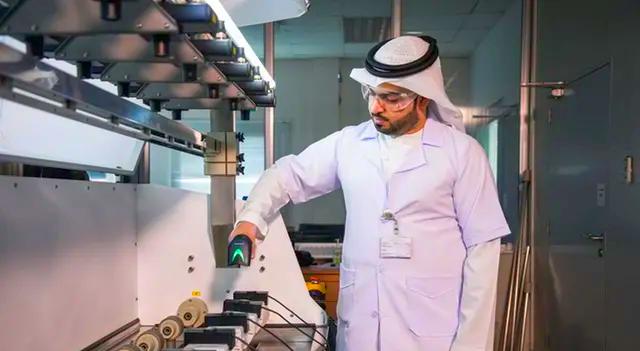
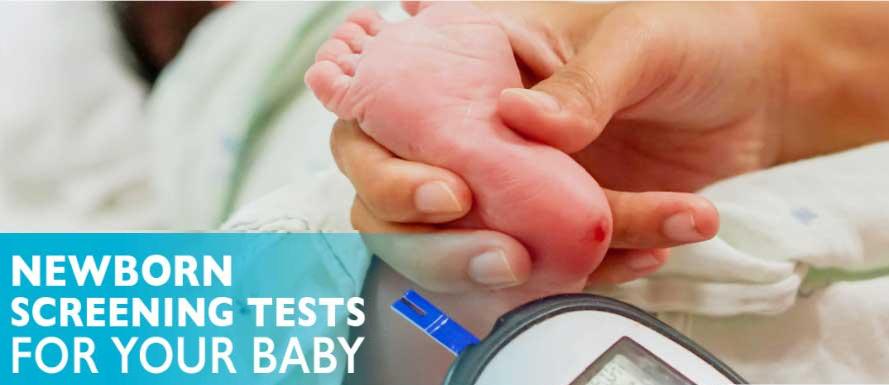

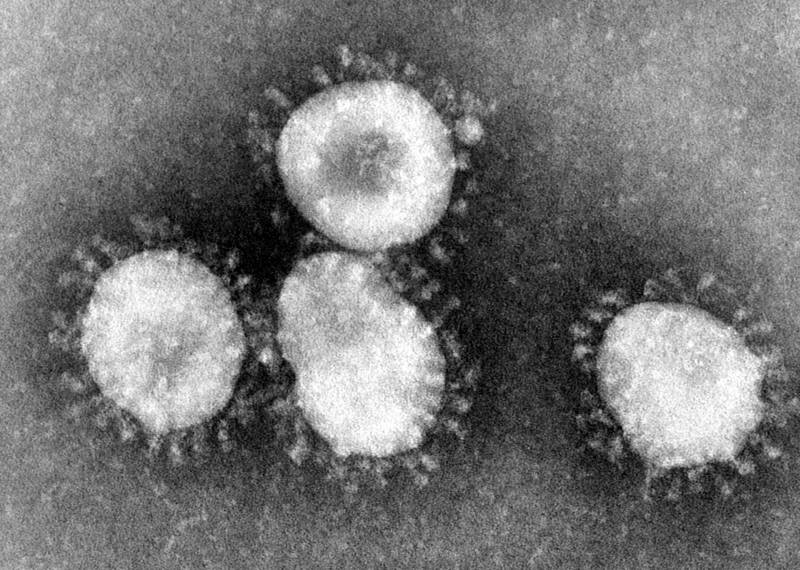

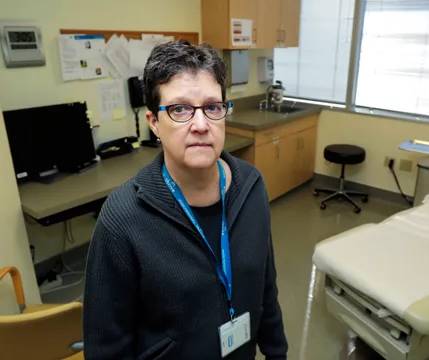

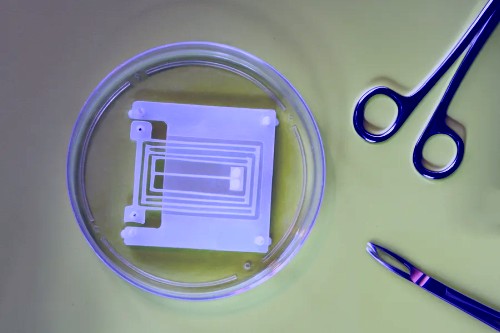
Post Comment
You must be logged in to post a comment.